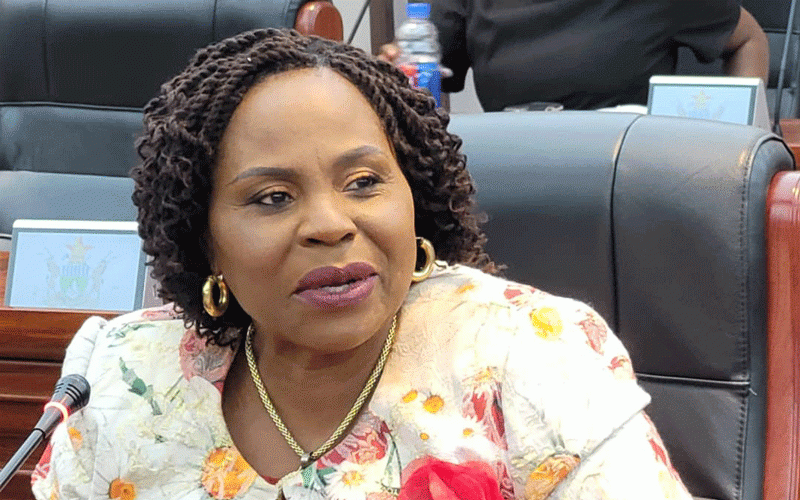
WOMEN’s Affairs minister, Monica Mutsvangwa, yesterday bemoaned the imbalance between men and women in politics saying this undermined the principles of democracy and social justice.
Mutsvangwa, who was opening the 5th edition of the Women in Local Government Forum congress, said the decline in women's participation showed that Zimbabwe remained a patriarchal society.
Mutsvangwa accused political parties of failing women after the August general elections saw few female politicians contesting the disputed polls.
“Despite constituting over half of Zimbabwe's population, women continue to be vastly under-represented in local governance structures, Women make up less than 20% of council chairpersons, councillors and senior administrators in many rural district councils,” Mutsvangwa said.
“This imbalance undermines the principles of democracy and social justice enshrined in our Constitution.”
According to available statistics, the country recorded a decline in women’s political participation from 14,8% in the 2018 elections to 11% for the August polls.
There was only one female candidate contesting the presidential election, Elisabeth Valerio, compared to four in 2018.
Another female presidential candidate, Linda Masarira, lost a High Court challenge to have her name included on the ballot paper.
- Fresh land invasions hit Whitecliff
- Pomona cash row escalates
- Border Timbers targets European markets
- SA name strong A side for Zim tour
Keep Reading
Mutsvangwa said the decline in women's participation was a wake-up call.
“It tells us that the struggle for gender equality is far from over. That centuries of patriarchy and discrimination cannot be undone overnight. And that, even in 2023, there remain systemic barriers holding women back from public leadership,” she said.
The Zimbabwe Gender Commission recently expressed concern over the same matter.
Mutsvangwa said there was need to open up political space so that women's voices can be heard.
However, she admitted that deeply-embedded social norms deter women from pursuing political office.
“Local politics continues to be seen as a ‘man's game.’ Political parties fail to recruit, nominate and support female candidates,” she said.
“Family obligations and unsafe working environments impede participation and pernicious attitudes questioning women's competence and qualifications still persist.”










